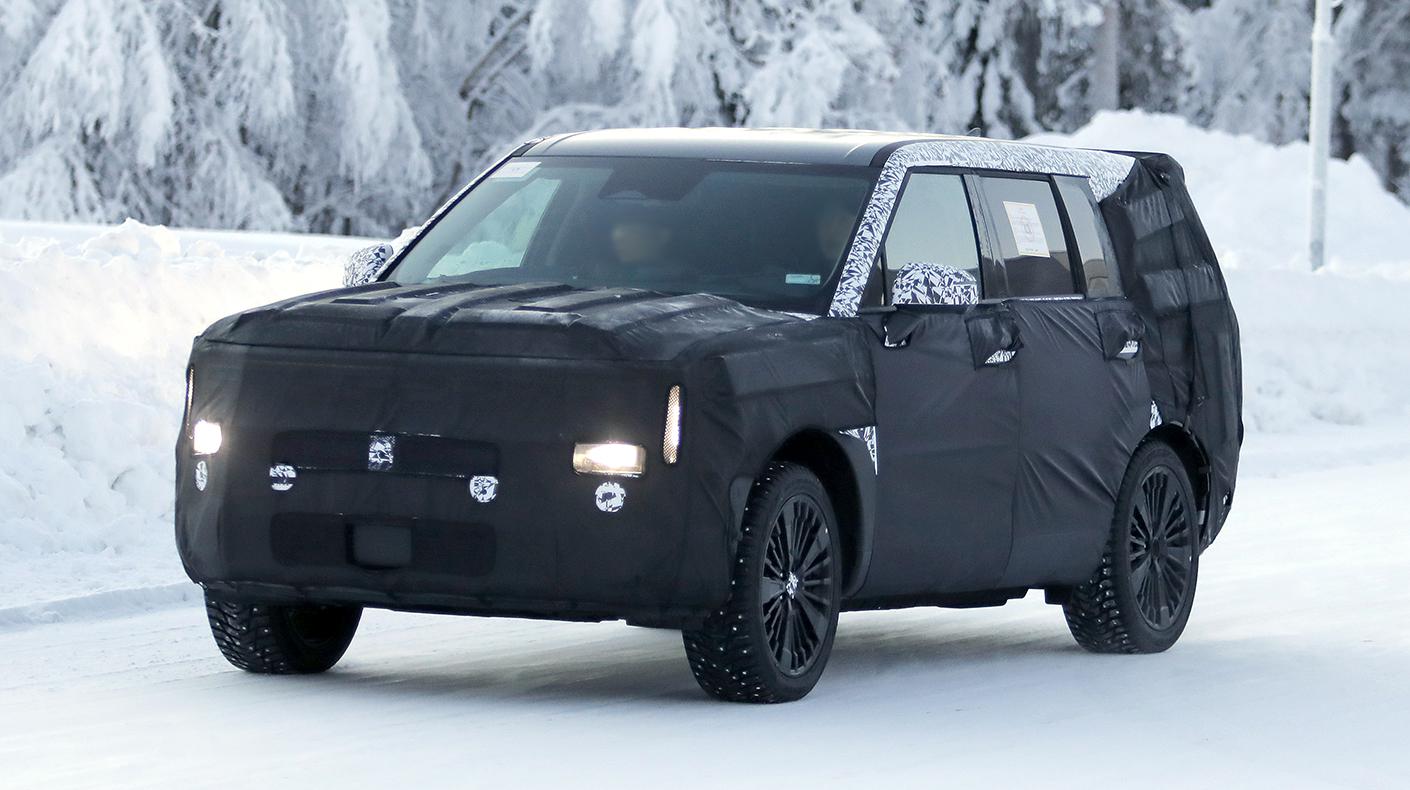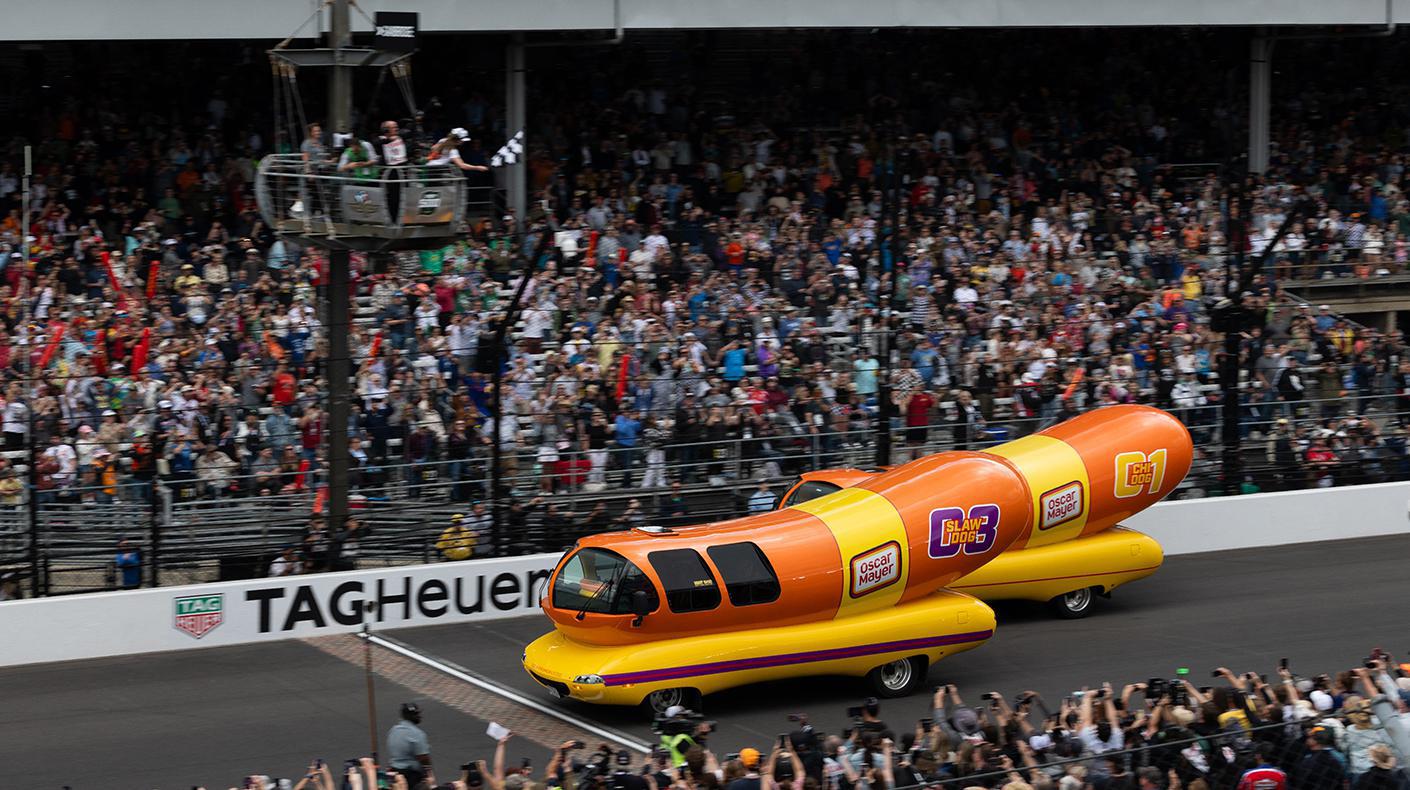| |
|
Toyota has just announced that it is making available thousands of hydrogen fuel-cell patents—royalty free. In fact, Toyota will grant royalty-free use of approximately 5,680 fuel-cell-related patents held globally, including critical technologies developed for the new Toyota Mirai. The list includes approximately 1,970 patents related to fuel-cell stacks, 290 associated with high-pressure hydrogen tanks, 3,350 related to fuel-cell system software control and 70 patents related to hydrogen production and supply.
“At Toyota, we believe that when good ideas are shared, great things can happen,” said Bob Carter, senior vice president of automotive operations at Toyota Motor Sales, USA Inc. “The first-generation hydrogen fuel-cell vehicles, launched between 2015 and 2020, will be critical, requiring a concerted effort and unconventional collaboration between automakers, government regulators, academia and energy providers. By eliminating traditional corporate boundaries, we can speed the development of new technologies and move into the future of mobility more quickly, effectively and economically.”
This Toyota initiative builds on previous commitments, including substantial financial support for the development of a hydrogen fueling infrastructure in California and the northeastern United States. In May 2014, Toyota announced a $7.3 million loan to FirstElement Fuels to support the operations and maintenance of 19 hydrogen fueling stations across California. In November 2014, Toyota announced a collaboration with Air Liquide to develop and supply a phased network of 12 state-of-the-art hydrogen stations targeted for New York, New Jersey, Massachusetts, Connecticut and Rhode Island.
The hydrogen fuel-cell patents will be made available to automakers who will produce and sell fuel-cell vehicles, as well as to fuel-cell parts suppliers and energy companies that establish and operate fueling stations, through the initial market introduction period, anticipated to last until 2020. Companies working to develop and introduce fuel-cell busses and industrial equipment, such as forklifts, are also covered. Requests from parts suppliers and companies looking to adapt fuel-cell technology outside of the transportation sector will be evaluated on a case-by-case basis.






